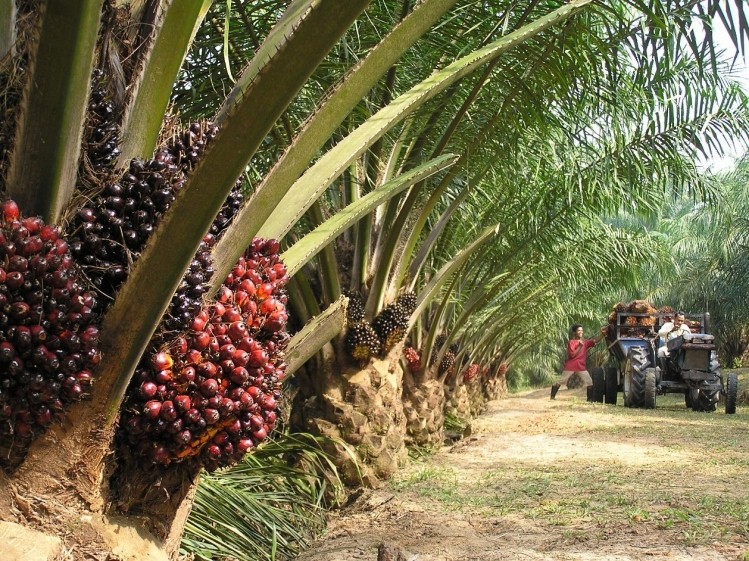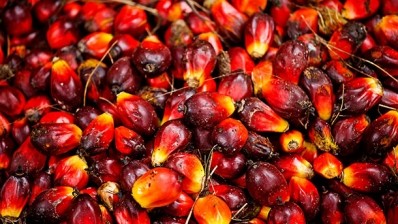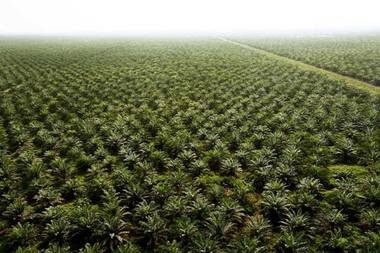Thailand: The new ‘frontier’ of CSPO production

Southeast Asia has long housed the strongest CSPO producers, with Malaysia manufacturing 49% of global supplies and Indonesia 41%, but Thailand is being championed as the up-and-coming producer by the Roundtable on Sustainable Palm Oil (RSPO).
Thailand is strengthening its CSPO production, Darrel Webber told FoodNavigator-Asia, and RSPO membership from this market is increasing. Throughout Asia, knowledge of the roundtable is quite high, he added.
"We will continue the momentum of certification in large producer nations, such as Indonesia & Malaysia, as well as new frontiers, Thailand, Latin America and Africa. As for the other Asian Markets, like China and India, we will be focusing on the consumption market," he said.
Lack of incentive?
Overall RSPO is working to drive more production, increase consumption and strengthen awareness of CSPO globally however data shows a stark gap between supply and demand.
For December 2011 and January 2012 supply of CSPO was pegged at around 480,000 metric tonnes (mt) yet sales in December only reached 280,000mt and January sales were even lower at 180,000mt.
Asked if there is any incentive for producers of CSPO with such low take-up, Webber said that current producers would not ‘drop out’ or reduce production.
“I don’t think there will be an ease-up on the supply of CSPO,” he said, as there are other incentives behind producing CSPO.
“Some companies are doing it for the focal premium, some for market access and others because it helps improve business practices,” he said.
However, CSPO producers do need positive signals from the market, especially to incentivise new producers in the field.
The time-bound resolution passed at the RSPO’s 8th General Assembly last week will work in part to address this as it will see strong involvement from all those in the supply chain of CSPO, Webber said.
The resolution stipulates that all RSPO ordinary members in the category of growers, traders and processors, consumer goods manufacturers and retailers will be required to submit a time bound plan to produce, trade, process and/or purchase and use 100% CSPO prior to the 9th General Assembly.
Asia: predominantly producers
“Aside from China and India, Asia is not a big consumer of edible oil. Per capita consumption of edible oil across Asia is significantly lower than in Europe,” Webber said.
Demand for CSPO is significantly higher in Europe, and this is mainly due to awareness driven by multinational activities championing the adoption of CSPO in European markets, he added.
However, there are some buying countries that RSPO is focused on targeting, including the two major Asia consumers of palm oil, China and India, Indonesia and the US.
“India and China’s markets are crucial to the puzzle,” of closing the supply-demand gap of CSPO, Webber noted.
















